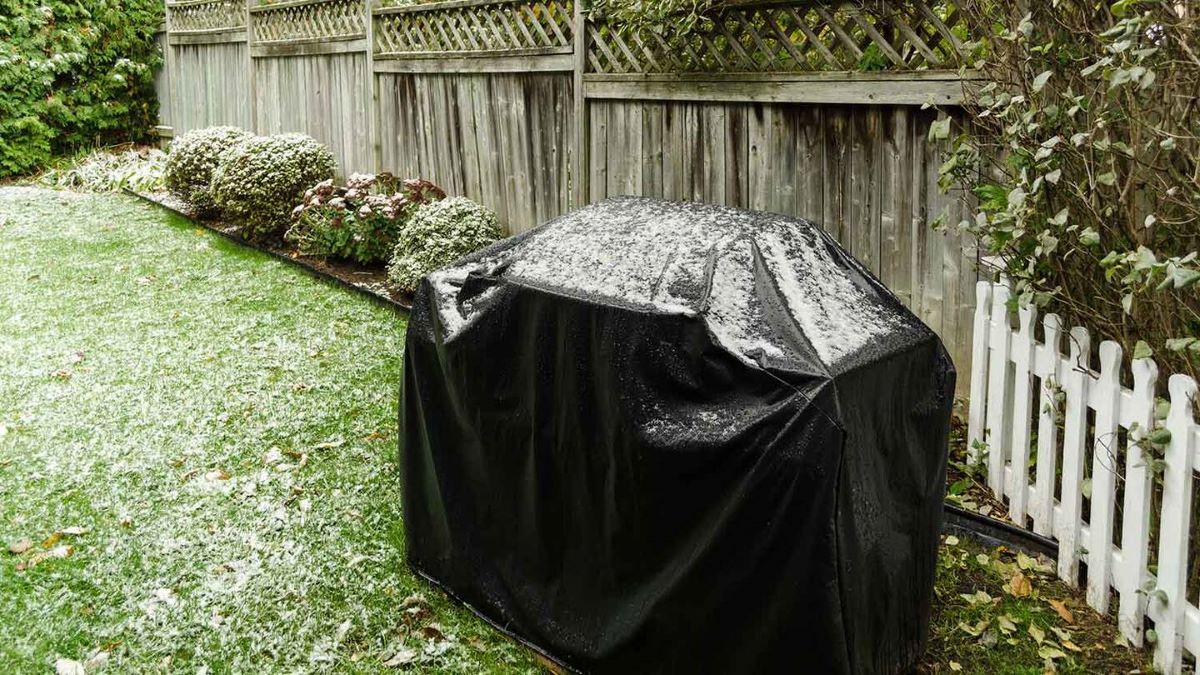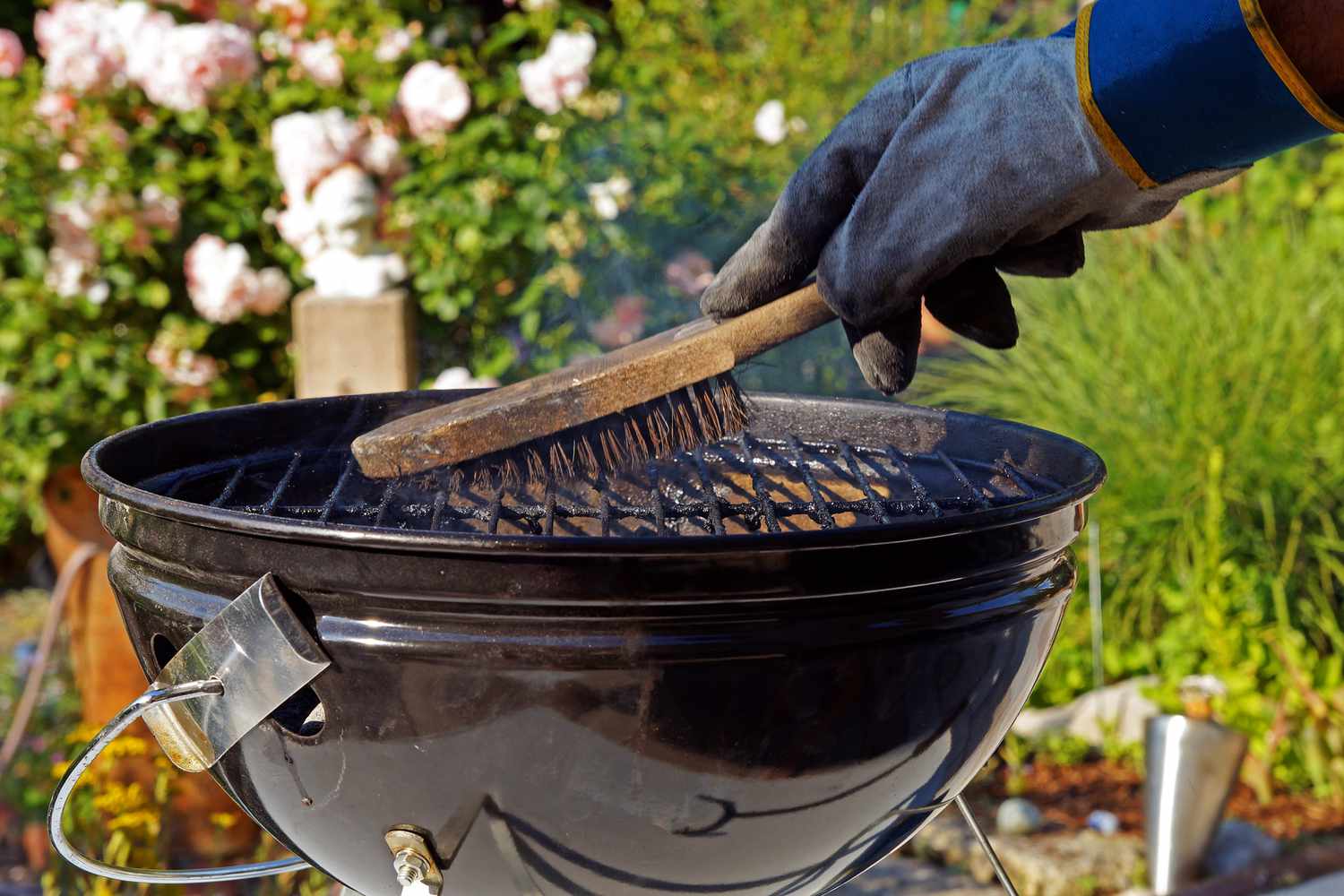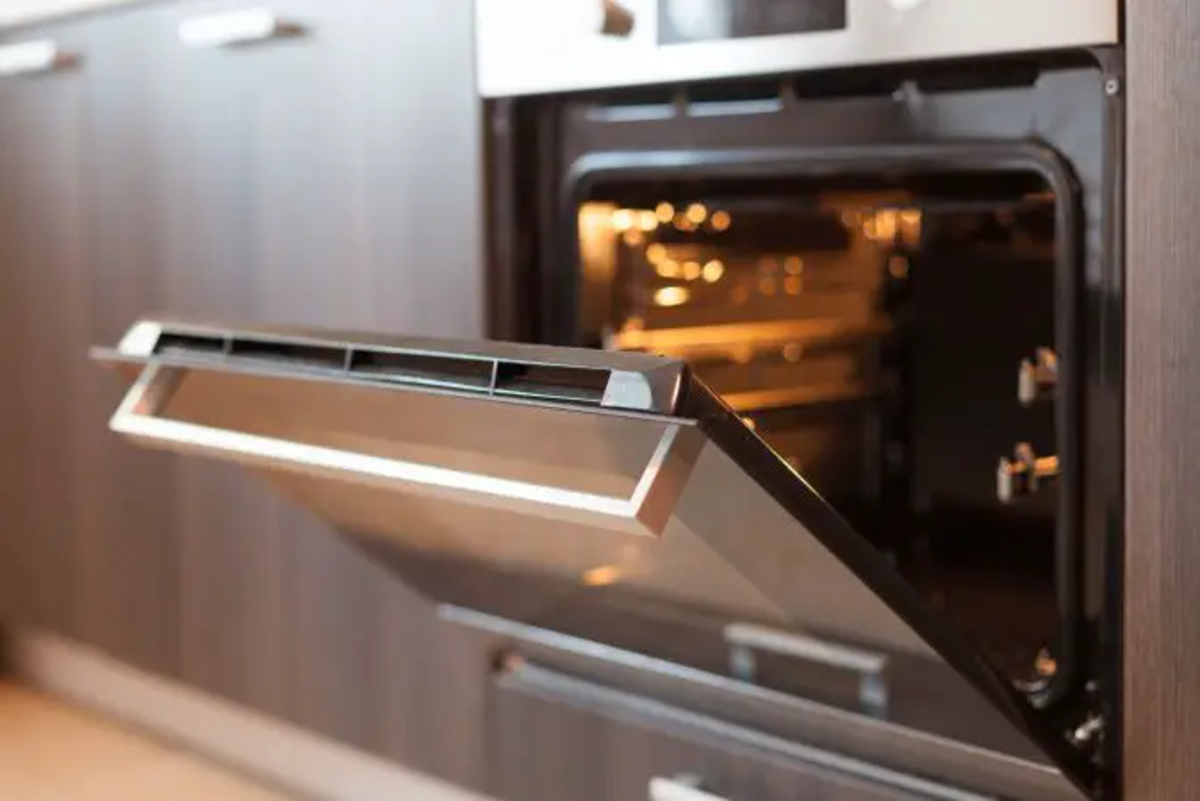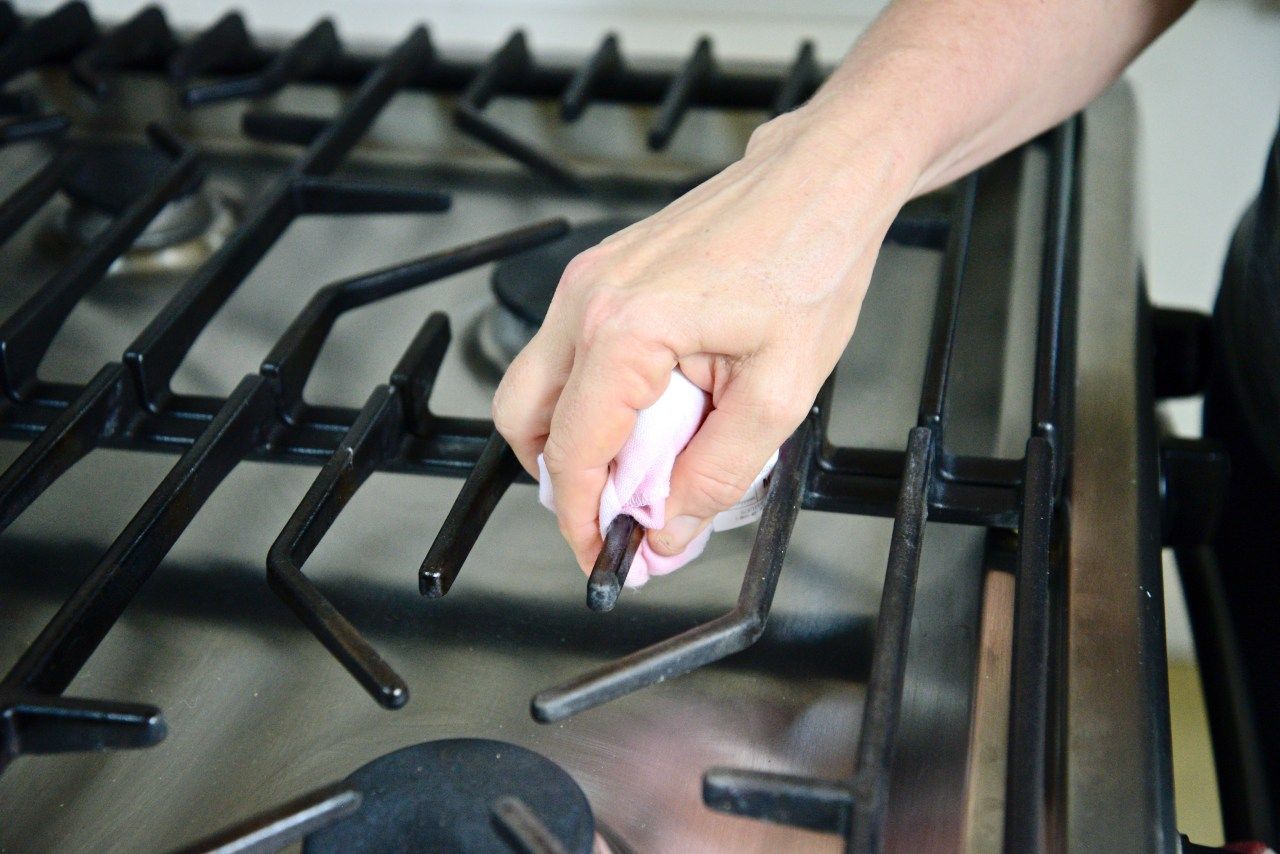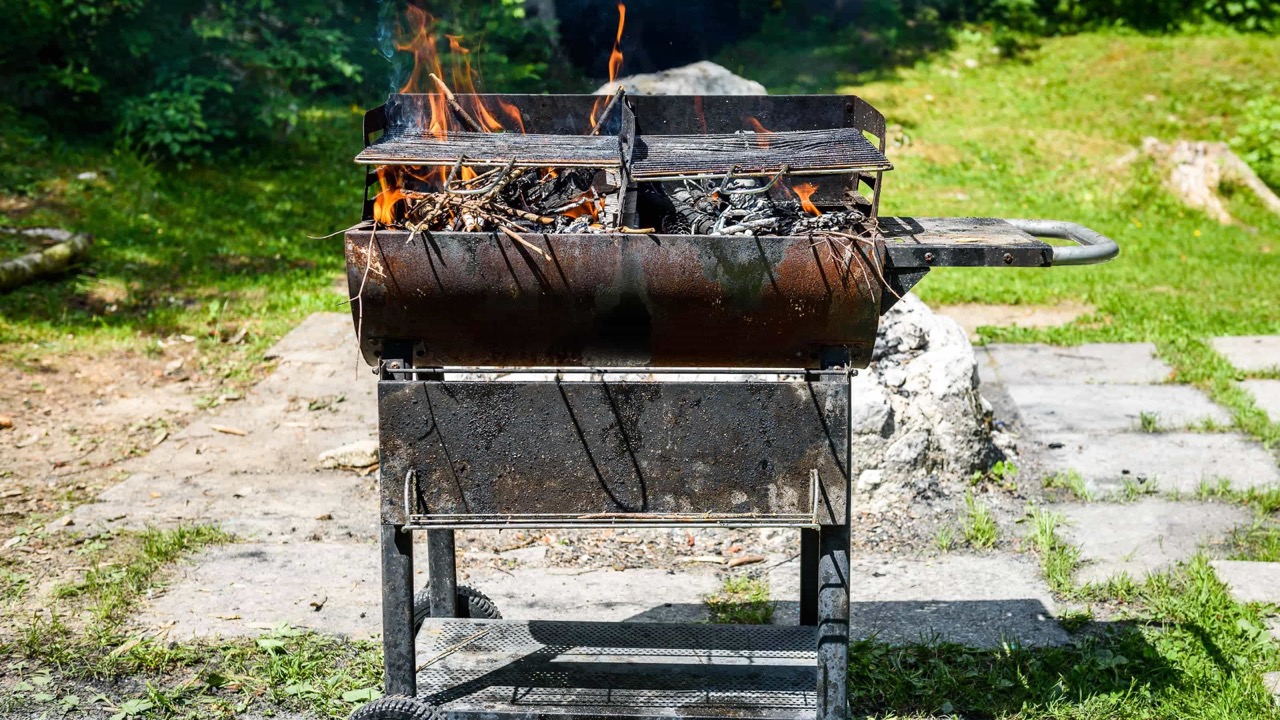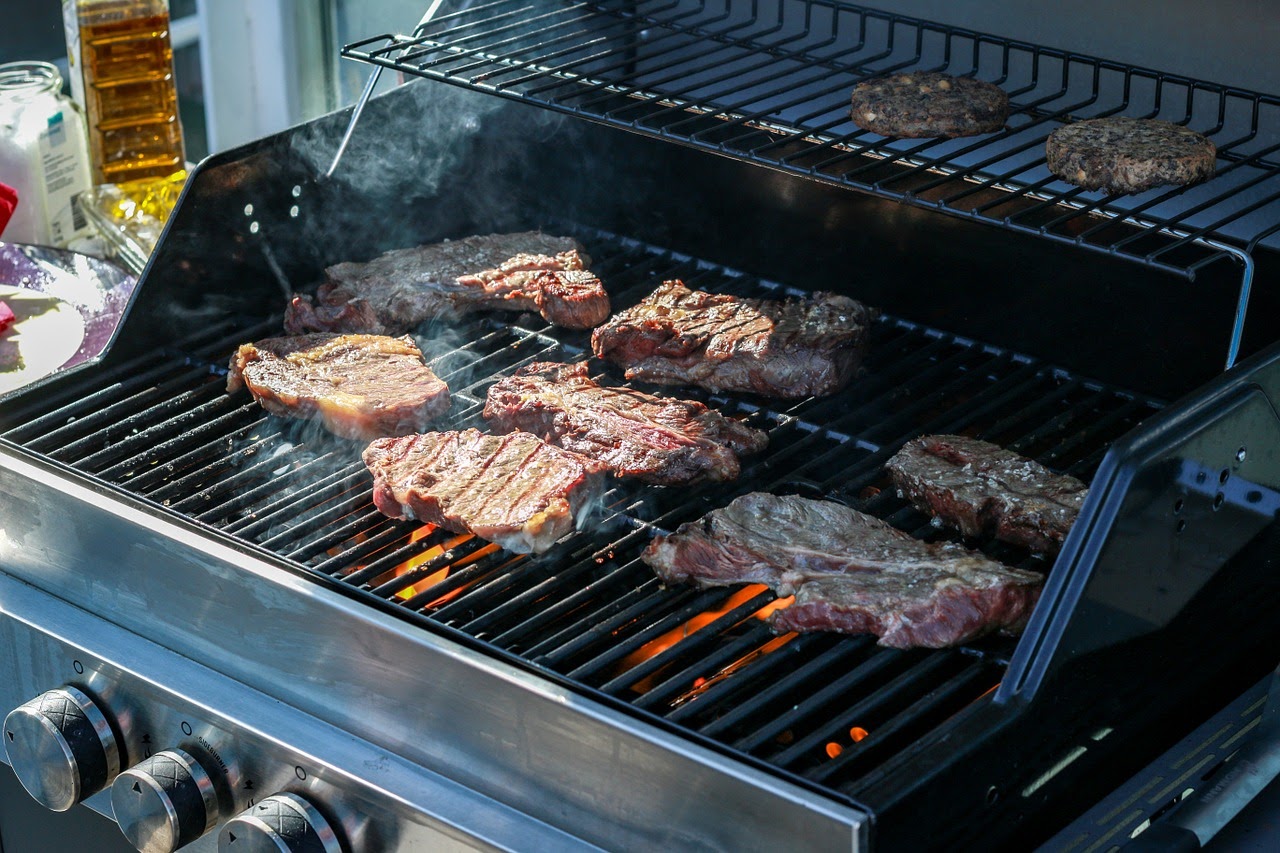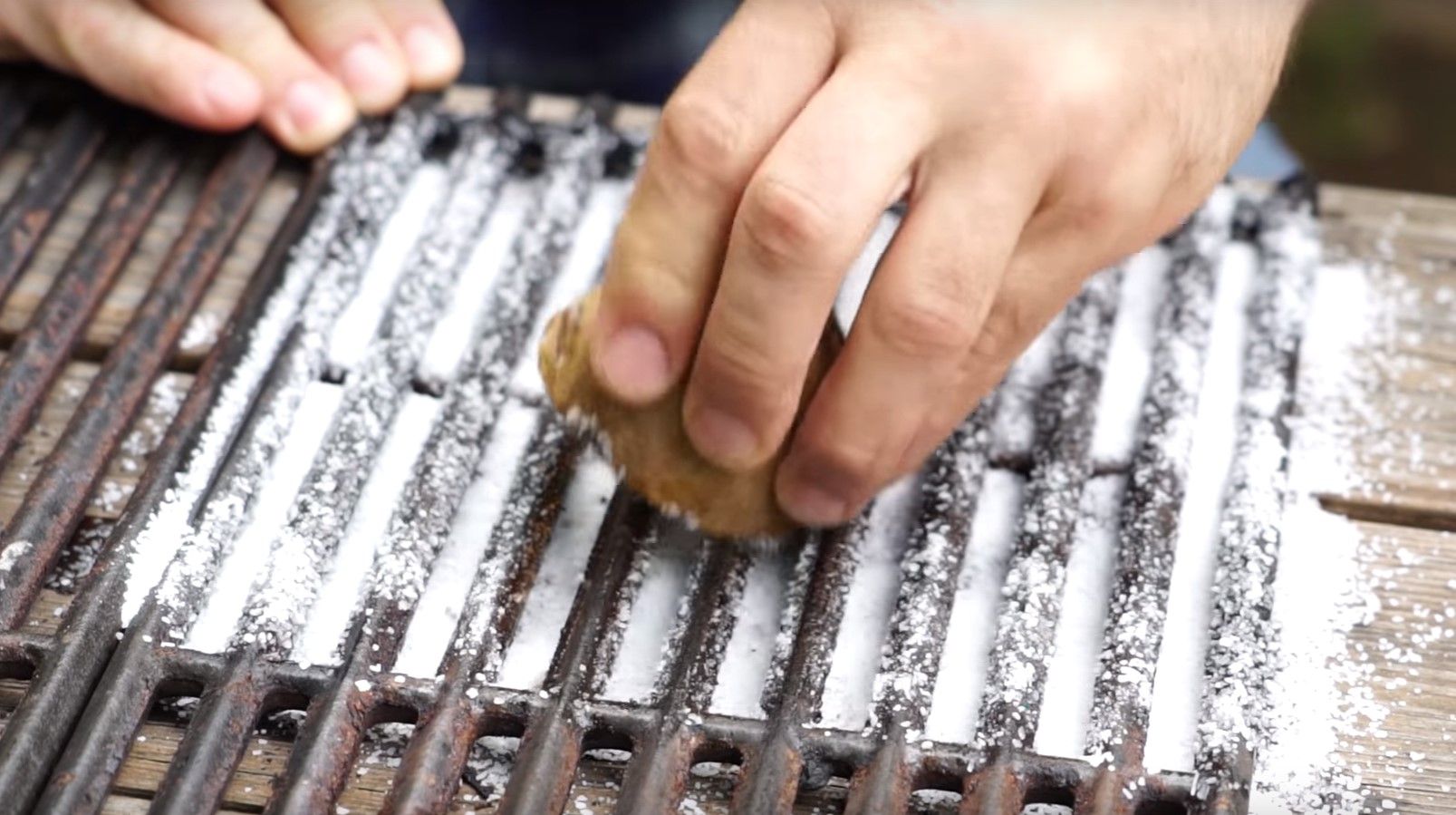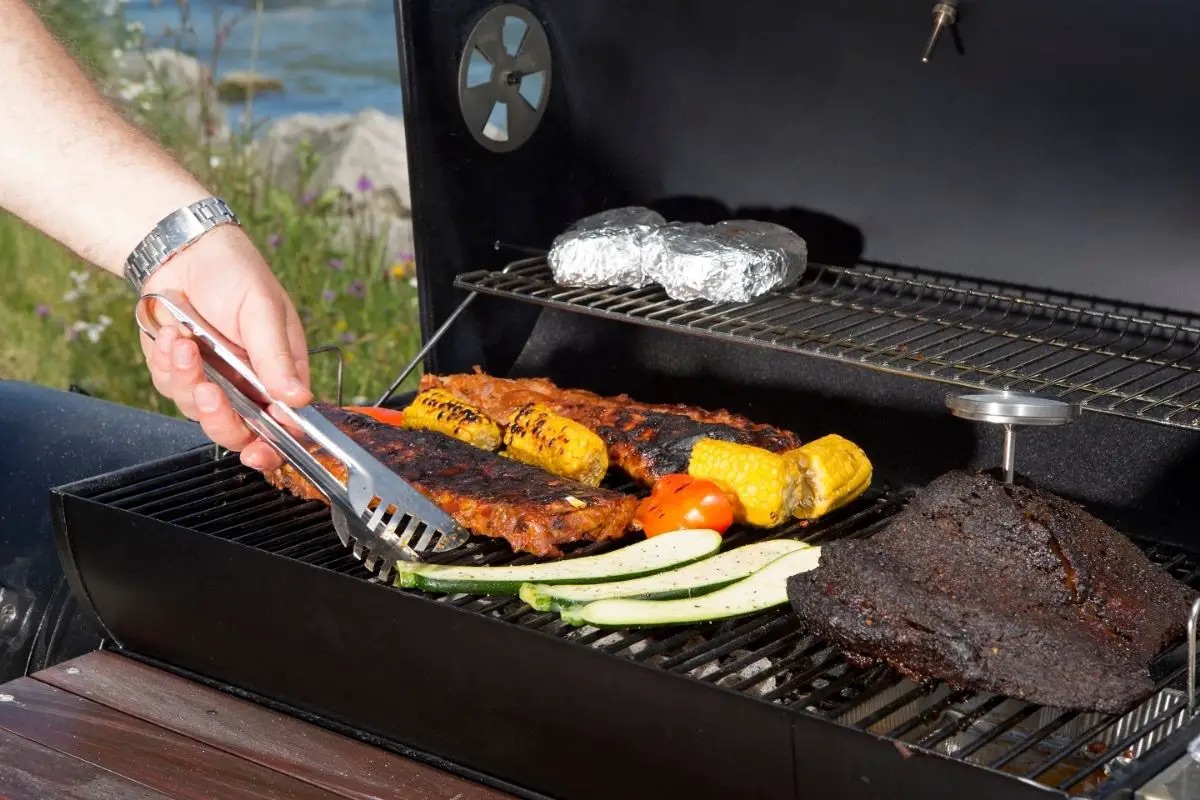Home> Gas Grill Maintenance
Gas Grill Maintenance: Ultimate Guide to a Perfect Barbeque
Discover secrets of Gas Grill Maintenance. Improve the lifespan of your grill, ensure tasty BBQ every time. Learn more in our comprehensive guide.
The Best Way To Clean A Grill For Delicious Backyard BBQ
By: Alexander Johnson • 45 Best Kitchen Storage Ideas You Can't Miss Out On
How To Clean Jenn-Air Indoor Grill
By: Isabella Mitchell • 100 Best Kitchen Furniture To Make Your Cooking Hassle-Free
